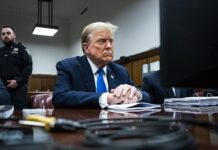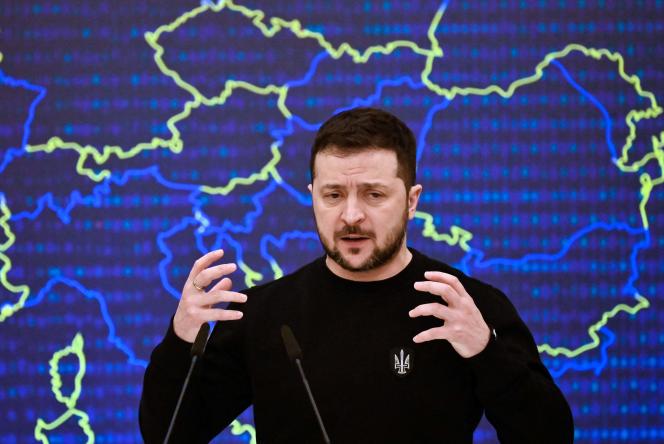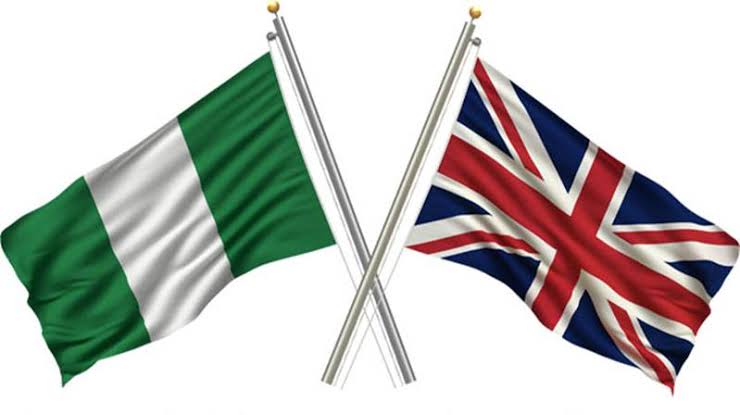The Trump administration and key Asian allies are preparing to expand interceptions of ships suspected of violating sanctions on North Korea, senior U.S. officials said.
Officials said this plan could include deploying U.S. Coast Guard forces to stop and search vessels in Asia-Pacific waters.
Officials said Washington has been talking to regional partners, including Japan, South Korea, Australia and Singapore, about coordinating a stepped-up crackdown that would go further than ever before in an attempt to squeeze Pyongyang’s use of seagoing trade to feed its nuclear missile programme.
While suspect ships have been intercepted before, the emerging strategy would expand the scope of such operations but stop short of imposing a naval blockade on North Korea.
Pyongyang has warned it would consider a blockade an act of war.
The strategy calls for closer tracking and possible seizure of ships suspected of carrying banned weapons components and other prohibited cargo to or from North Korea, according to the officials, who spoke on condition of anonymity.
They said depending on the scale of the campaign, the U. S. could consider beefing up the naval and air power of its Pacific Command.
The officials said the U.S.-led initiative, which has not been previously reported, shows Washington’s increasing urgency to force North Korea into negotiations over the abandonment of its weapons programmes.
They said North Korea may be only a few months away from completing development of a nuclear-tipped missile capable of hitting the U.S. mainland, in spite of existing international sanctions that, at times, have been sidestepped by smuggling and ship-to-ship transfers at sea of banned goods.
“There is no doubt we all have to do more, short of direct military action, to show (North Korean leader) Kim Jong Un we mean business,” said a senior administration official.
The White House declined official comment.
The effort could target vessels on the high seas or in the territorial waters of countries that choose to cooperate.
It was unclear, however, to what extent the campaign might extend beyond Asia.
Washington on Friday slapped sanctions on dozens more companies and vessels linked to North Korean shipping trade and urged the UN to blacklist a list of entities, a move it said was aimed at shutting down North Korea’s illicit maritime smuggling activities to obtain oil and sell coal.
Tighter sanctions plus a more assertive approach at sea could dial up tensions at a time when fragile diplomacy between North and South Korea has gained momentum.
It would also stretch U.S. military resources needed elsewhere, possibly incur massive new costs and fuel misgivings among some countries in the region.
The initiative, which is being developed, would be fraught with challenges that could risk triggering North Korean retaliation and dividing the international community.
China and Russia, which have blocked U.S. efforts at the United Nations to win approval for use of force in North Korea interdiction operations, are likely to oppose new actions if they see the United States as overstepping.
A Chinese official, speaking on condition of anonymity, said such steps should only be taken under United Nations auspices.
China’s Foreign Ministry, in a statement to Reuters, said they did not know anything about the plan, but that in principle China believes UN resolutions on North Korea should be fully and thoroughly implemented.
“At the same time, we hope relevant countries act in accordance with Security Council resolutions and international law,” the ministry, without elaborating.
According to the senior U.S. official, Washington is expected to start gradually ratcheting up such operations soon even if discussions with allies have not been completed.
U.S. experts are developing legal arguments for doing more to stop sanctions-busting vessels, citing the last UN Security Council resolution which they say opened the door by calling on states to inspect suspect ships on the high seas or in their waters.
The officials said Washington is also drawing up rules of engagement aimed at avoiding armed confrontation at sea. (Reuters/NAN)




